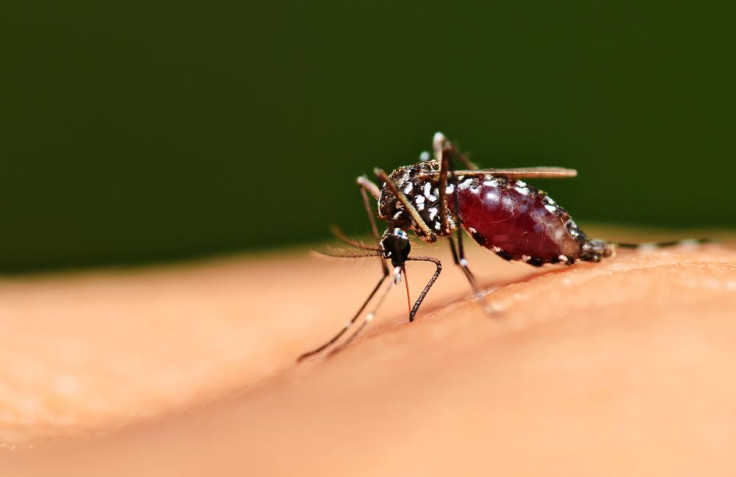World Cup Fans May Carry Chikungunya, Rare And Painful Mosquito-Borne Virus, As Souvenir Back From Brazil

Soccer fans traveling to the 2014 World Cup in Brazil have certainly got their money’s worth with exciting play and thrilling finishes. However, American fans returning from the World Cup may be coming home with more than they bargained for. New York Sen. Charles Schumer fears the spread of a painful mosquito-borne virus, Chikungunya, which is prevalent in Brazil and could spread across the United States through returning World Cup travelers.
According to Centers for Disease Control and Prevention, the Chikungunya virus is rarely fatal, but extremely painful and was discovered in the Caribbean islands for the first time in 2013. Over 130,000 people in the Caribbean have been sickened by Chikungunya as of June 6. The most common symptoms of this viral disease that is transmitted by way of a mosquito bite include fever, headache, muscle pain, joint swelling, and severe arthritic-like pain usually in the hands and feet.
Sen. Schumer has asked the CDC to issue a health warning so that medical professionals around the U.S. will be ready to identify, treat, and contain the virus. “We have to prevent the spread of this virus before it reaches the United States in large numbers,” Schumer told reporters. “The problem here is the World Cup gives the unfortunate opportunity for the virus to spread among people from all nations of the world who are together.”
Schumer also reported three confirmed cases in New York and 25 in Florida. He fears a dramatic rise in the number of confirmed cases when soccer fans return from the World Cup and has asked the U.S. Department of Homeland Security to increase border safeguards. Chikungunya virus outbreaks have already been reported in Africa, Asia, and Europe. There is currently no vaccine or medication to prevent the infection or treat the disease.
Earlier this month, the CDC released health safety recommendations for Americans traveling to Brazil for this year’s World Cup. Senior epidemiologist at the CDC, Joanna Gaines, and her colleagues advised all travelers to make sure they were up to date on all vaccines before making their way down to Brazil. The World Cup and similar events like the Olympics can turn into hotbeds for communicable disease with visitors from around the world. Gaines also recommended that soccer fans wear insect repellant to help avoid disease-carrying mosquitos.
“We’re expecting that a lot of Americans will attend and we want to give them a chance to review some of the health and safety issues that come with attending World Cup-like events in a country like Brazil,” Gaines told Reuters Health. “We recommend that travelers regularly apply insect repellent and wear long sleeve clothing that’s also treated with insect repellant. Your basic health protection measures help a lot as far as any infectious diseases are concerned.”



























